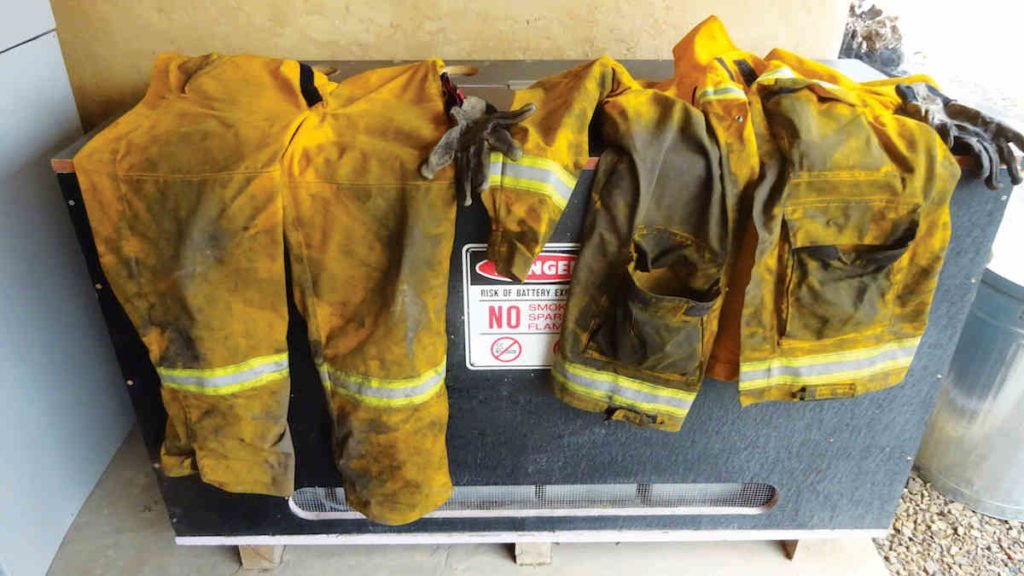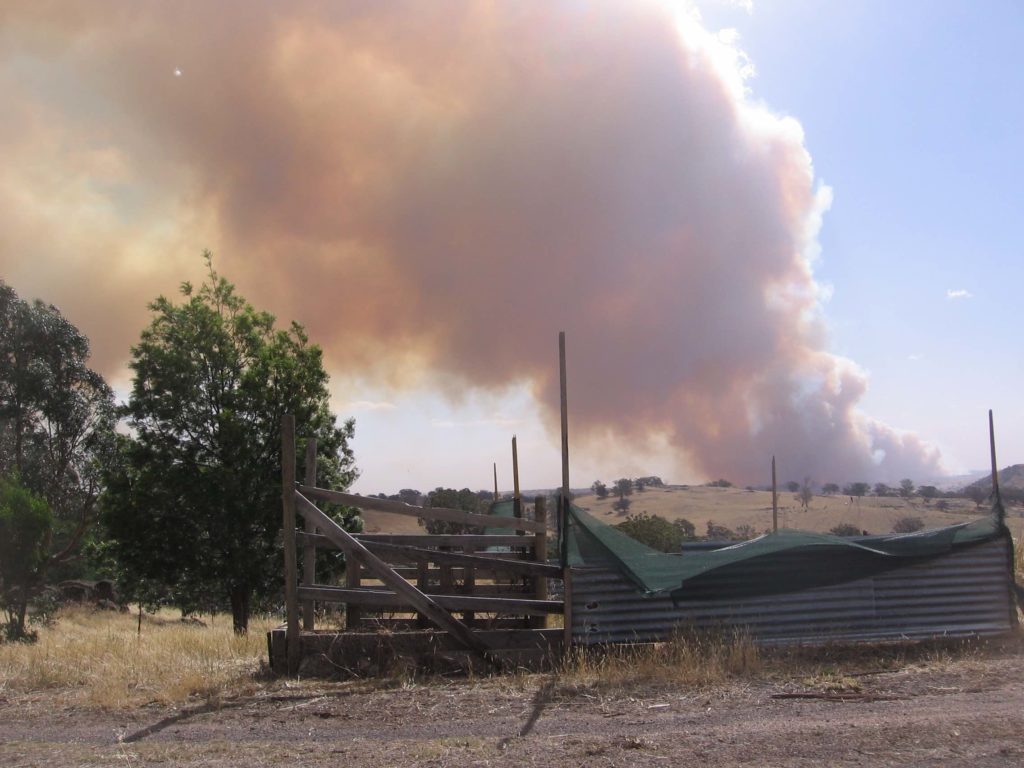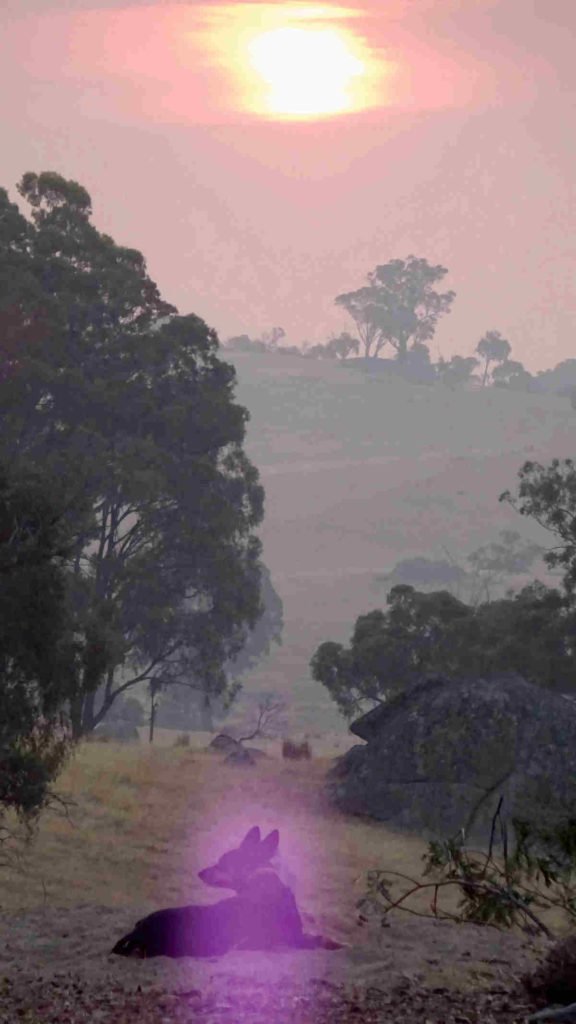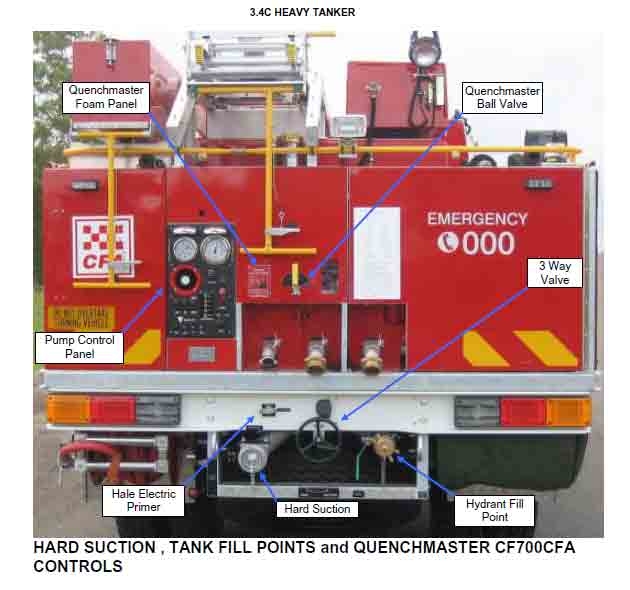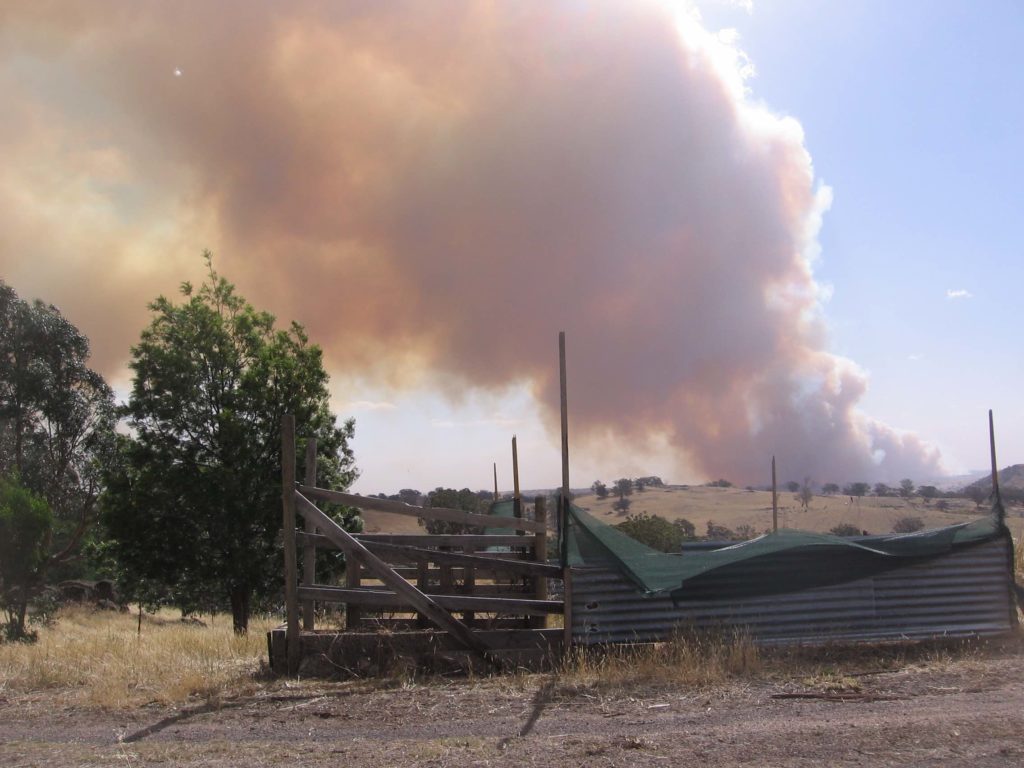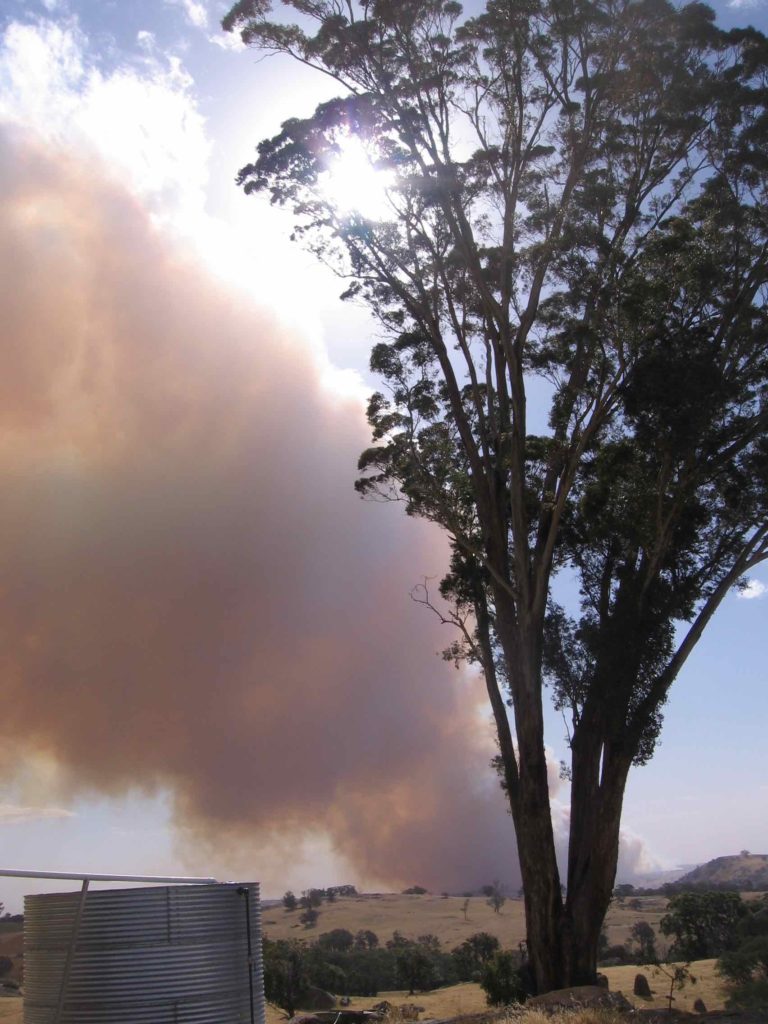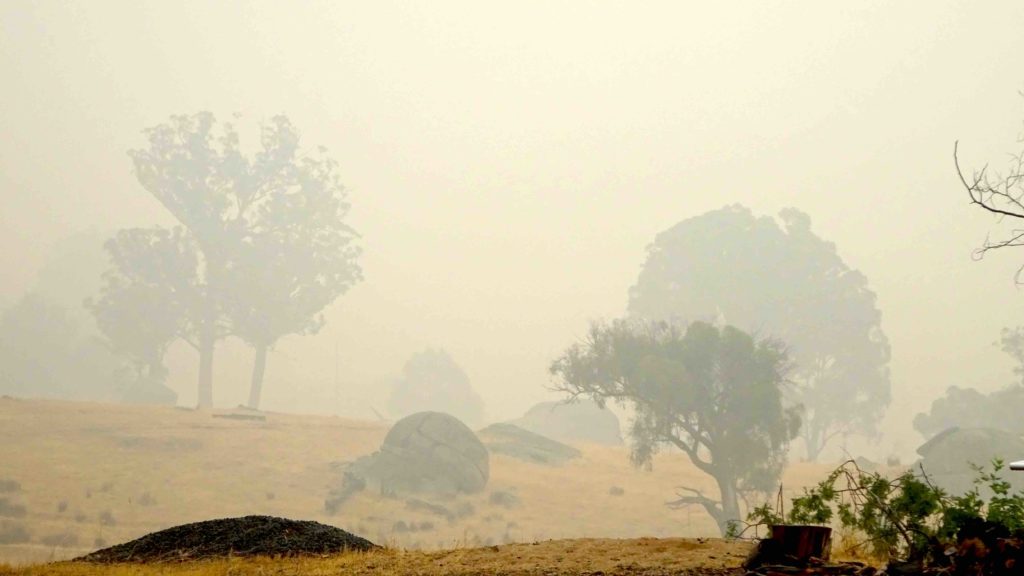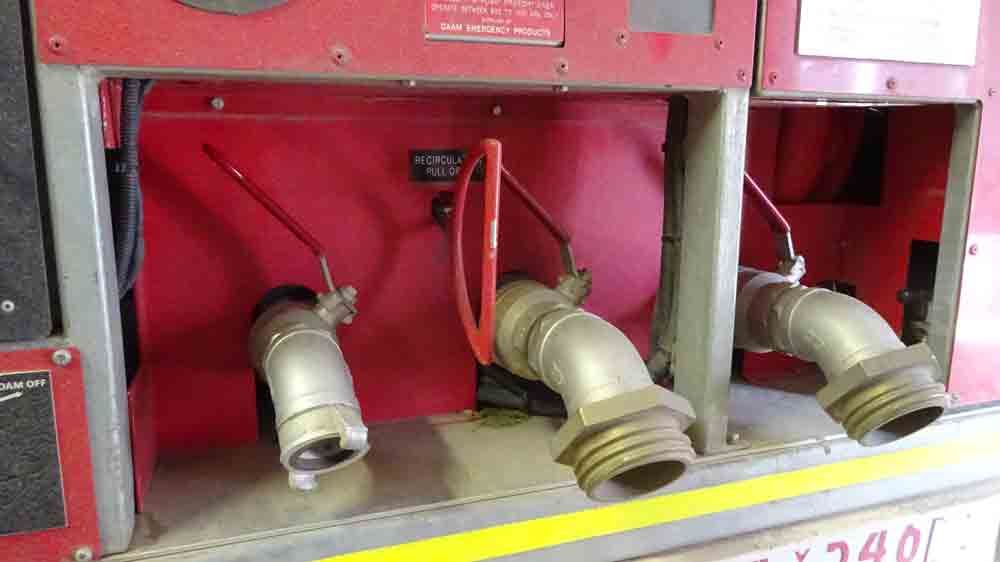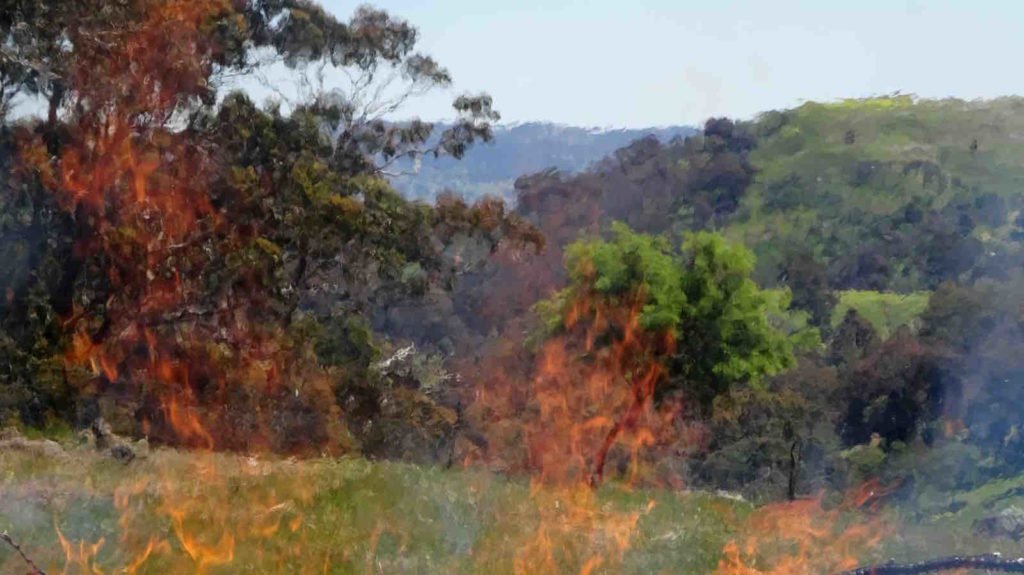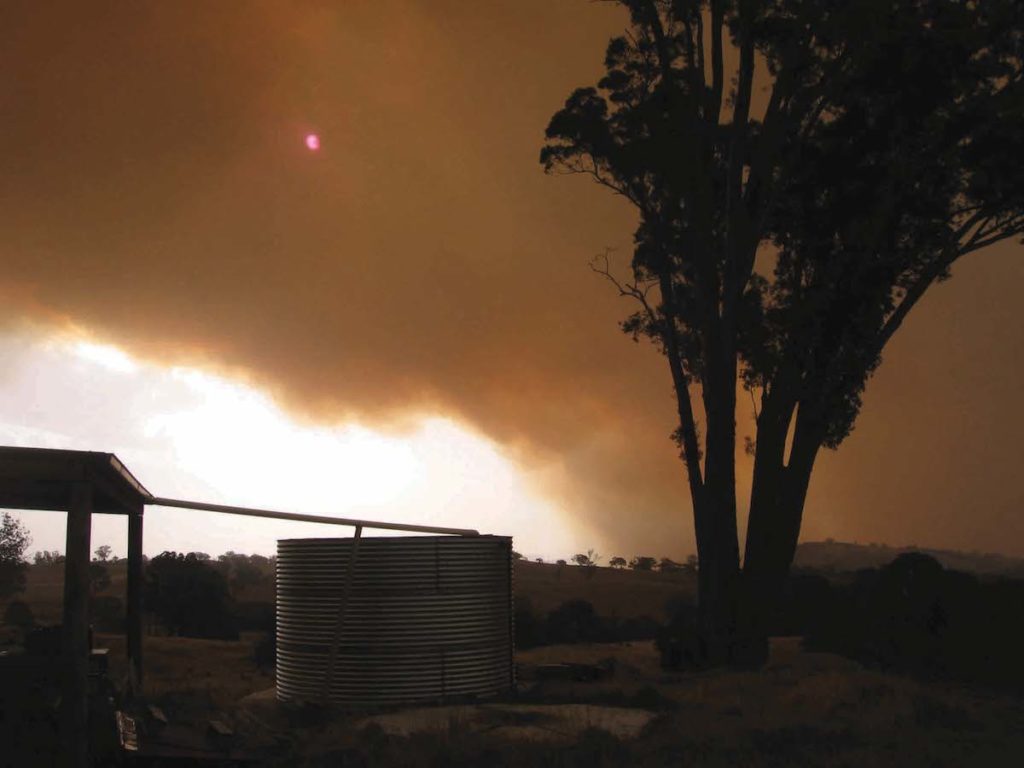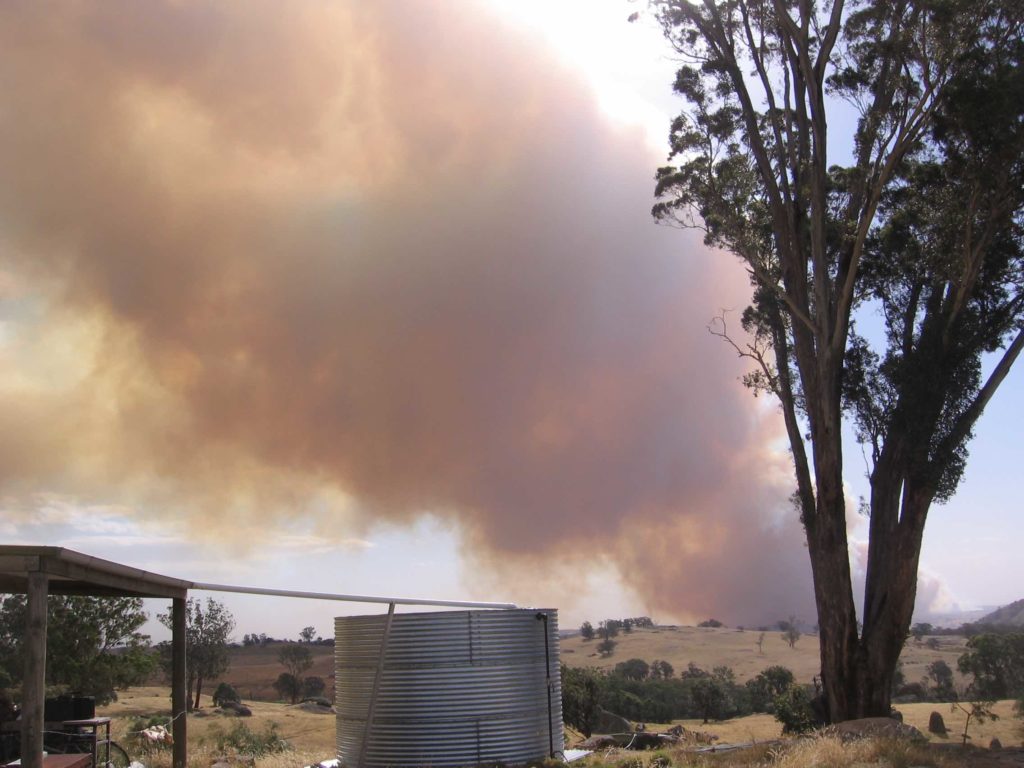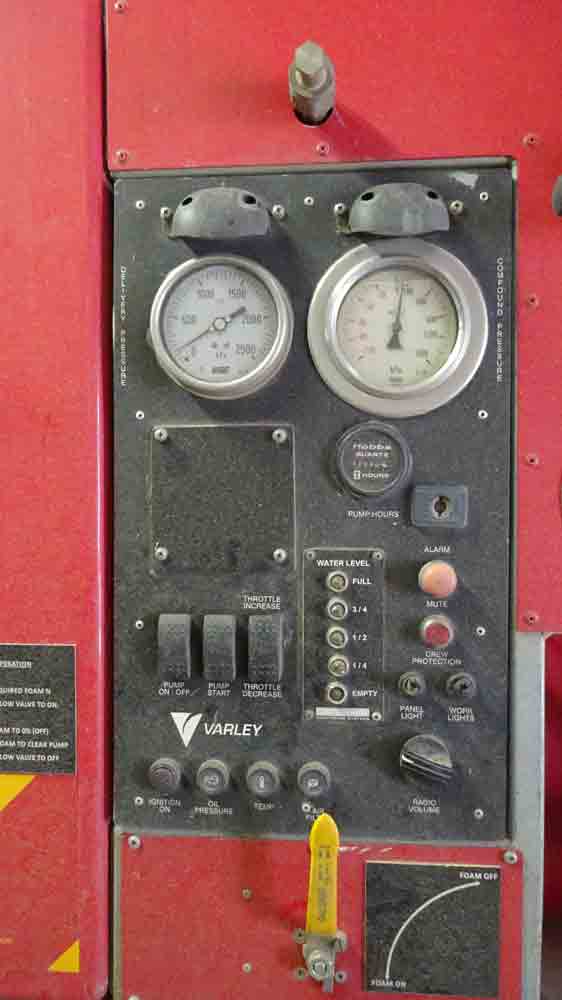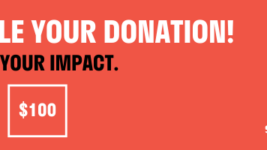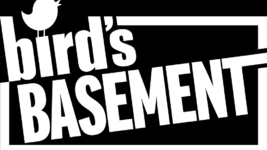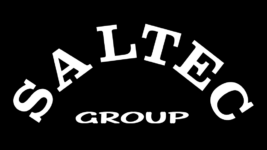News
22 Feb 2020
Staying Safe Together
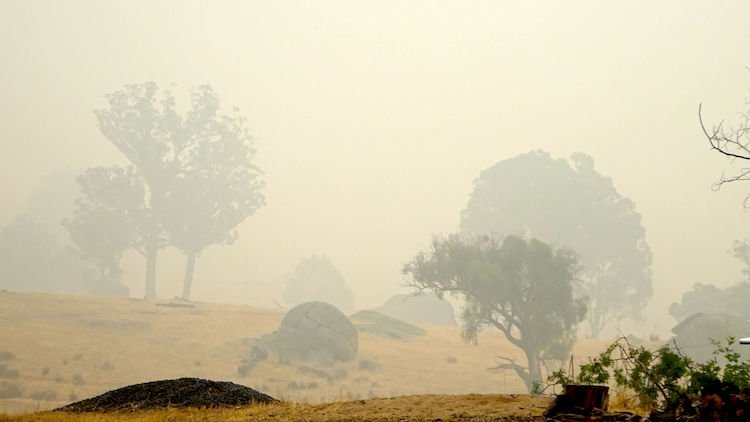
Subscribe to CX E-News
Staying Safe Together
For this edition, I was originally going to write about staging a funky local arts festival. Unfortunately, that was before the apocalypse unfolded. Instead, I’d like to highlight the amazing collaborative efforts of our emergency services.
WTF?
Right now, I am surrounded by the surreal glow of hazardous bushfire smoke haze. Today is my day off and the worst of the recent weather has abated for a short while.
I say “day off” but the term is misleading. Writing is a large part of my employment. It helps to pay my bills and I enjoy doing it.
By “day off”, I mean a day off the fireground. The thing is, I am also a volunteer firefighter and lieutenant in the CFA.
As I type, huge tracts of Australia are ablaze. They have been so for a long time and look likely to keep going for longer still.
Last week I spent four days chasing flames, driving big red trucks full of volunteers (ordinary citizens like me) into the jaws of chaos, lights flashing, sirens blazing, nerves on edge. I’m back out the door at 05:30 tomorrow to keep doing the same.
Collective Action
I am far from alone in doing this though. Across the country, thousands of ordinary citizens freely give their time to volunteer with emergency services.
They put their lives on hold to attend endless training sessions, turn out for multiple false alarm calls and then, when it hits, put their lives on the line to protect others.
These folks rely upon the collective coordination of people and supporting resources that have been and still remain so critical to combating the very dire emergency that the country is seeing.
We do it not alone, for this is not possible, but together.
Hierarchy
Working with other people always has its challenges. We all have our strengths and weaknesses, our quirks and unique approaches.
Coordinating this to get the best out of everyone requires a mix of patience, persistence and flexibility.
And it’s one thing to organise when everyone is getting paid but a quite different scenario when we are all taking time out of our gainful existences to cooperate in quelling a crisis.
Further than that, it often happens under great duress and danger.
Big entertainment productions have a chain of command. Promoter, tour manager, production manager, heads of audio, lx, etc departments, operators, techs, crew – you know the deal.
It’s not always as linear as this but the point is that it’s roughly a hierarchical system of organisation.
Similarly, emergency agencies follow stratified structures. They differ state by state and service by service but share much in common.
In our case, there are well tested structures of reporting, responsibility and expectation. They vary depending on the scenario at hand but we are all well trained in their application.
They don’t always work perfectly (because people are involved and people are fickle, particularly under high stress!) but they are the best systems we have and work well enough.
We are safer and more productive by following them.
We turn out to protect life and property but have one overriding rule: “Everyone comes home.”
We turn out to protect life and property but have one overriding rule: “Everyone comes home.” Cowboys are discouraged from compromising the whole group.
Sometimes this leads towards conservative approaches to certain situations but the rationale is better being safe than sorry. We are liabilities if either injured or with broken gear.
Bureaucracy
Organisations inevitably come with an administrative penalty. In the off-season this is a source of either frustration or mirth for our ranks. As are the varying governmental commitments to support these institutions.
However, when it’s all on the line, the logistical support and structures are invaluable to those on the battlefield.
It takes huge resource and ongoing investment to provide and maintain specialist equipment, stations, appliances, PPC, and all the associated paraphernalia required to respond to a wide variety of incidents.
There are scores of people involved in training, research, brigade support, community liaison, catering, OHS, IT, you name it.
There are also many wise, experienced heads who run the incident control centres, who investigate the fire scenes, who plan strategically and try
to get the best tactical outcomes with the available resource at any one time.
Despite all best intentions, it doesn’t always work. The 05:30 start mentioned above turned into a wild goose chase, wasting the best part of a day for 20 volunteers.
I then came home to deal with scheduling and logistics for our already tired and stretched brigade.
Why Volunteer?
My partner and I are among 1000s of volunteers across the country putting our own concerns and safety on hold to help others in greater need.
We do this not for accolades or bragging rights, we do this because, in the rural and fringe areas that we live, there is no-one else to save us but volunteer based organisations.
Frankly, we put our hands up because we give a toss. We don’t sit around and wait for someone else to come and wipe our arses for us.
Volunteering has its own rewards. Scares aside, we get back more than we give.
Writing this is incredibly cathartic. As a firefighter, I’ve seen some things that are not normal and experienced some close calls. I’ve saved houses and lives.
… the satisfaction of having helped others in greater need is the ultimate payoff.
What we do is sometimes traumatic but the satisfaction of having helped others in greater need is the ultimate payoff.
Australian society has chosen to structure itself in this way. The US has crap health-care but paid wildfire responders.
Here we have universal health-care while leaving regional emergencies to volunteers (most definitely not forgetting the wonderful staff at DELWP, Parks & Wildlife, FFM, etc who are also out there right now in harm’s way).
It’s all about choices.
This current catastrophe already sees a lot of noise and chatter about how to better resource and manage emergencies and their responding services but I’ll leave that to others.
On a meta level, collaboration is the key.
Together We Stand
Humans have always needed each other. We are highly social animals even if some of us let the baser instincts overcome civility. From family units to community groupings, from states to countries, we band together towards common goals. Even ascetic hermits need food.
Are the systems we use to organise together perfect? No. Are we as individuals perfect? No. But we are much greater as the sum of our parts than any lone entity.
The Horror
What we have been through so far this summer has been highly stressful, deeply scary and luridly vivid for all involved. It’s hard enough to watch on the news, it’s hard to get away from the smell, but it’s harder still to drive towards the smoke and fire.
And that’s not a patch on those who are directly impacted by this maelstrom. Those who have lost loved ones, those who have lost houses, livelihoods and countless stock. They will bear the physical and mental scars for a long, long time. The flora and fauna losses are immense and the landscape may be permanently scarred.
It’s happening so fast out there that it is likely to be quite an entirely different beast by the time that this is published. It certainly ain’t over yet.
Together
National planning and foresight have been minimal and state based agencies all have their own approaches. There are many similarities but enough differences to make some aspects of coordination across borders difficult. Delineation and demarcation between paid and volunteer firefighters have also been cause for consternation for some time now in several states.
Government agencies are now stepping up in various ways and doing what they can. The army is deployed, the volunteers and paid staff are stretched but we are all working together to see out this emergency. This process is far from smooth – consultation and collaboration has been difficult under such trying circumstances.
Even usually tight knit brigades are showing some frayed nerves. What we are all involved in is full-on. It is intense, frightening and sustained. Rationality can be difficult to find in such moments but we do have enough clear heads and stout hearts on the case to find a way to battle this beast.
We are working hard to cooperate as teams, to keep each other safe and protect life and property, to get through all this in one piece. Hopefully, we all learn from this too, from the top down.
Without teamwork, no coordinated response would be possible.
Without collective effort, we are on our own.
Without collaborating, we would be all be doomed.
Disclaimer: The views above are entirely my own opinion and are not official position of the CFA or any other related agency.
CX Magazine – February 2020
LIGHTING | AUDIO | VIDEO | STAGING | INTEGRATION
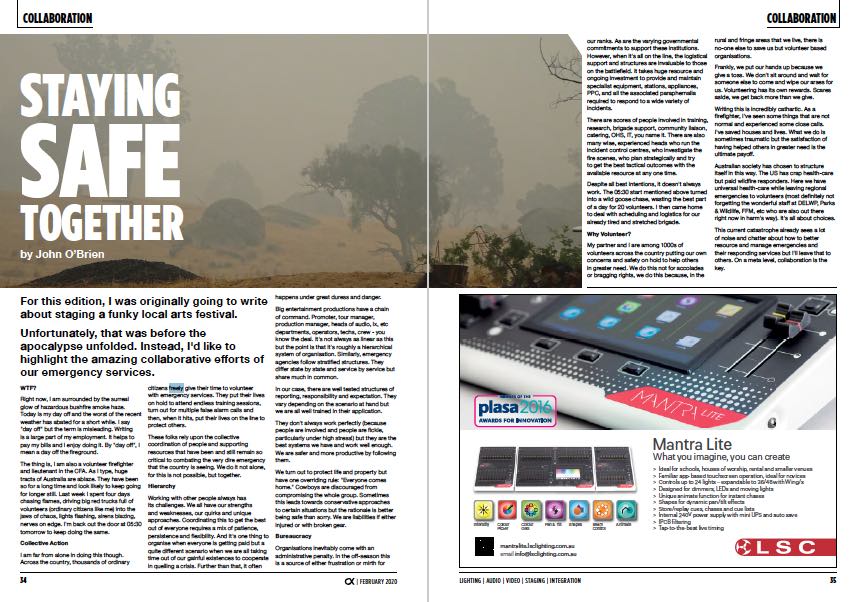
Entertainment technology news and issues for Australia and New Zealand
– in print and free online www.cxnetwork.com.au
© VCS Creative Publishing
Subscribe
Published monthly since 1991, our famous AV industry magazine is free for download or pay for print. Subscribers also receive CX News, our free weekly email with the latest industry news and jobs.

